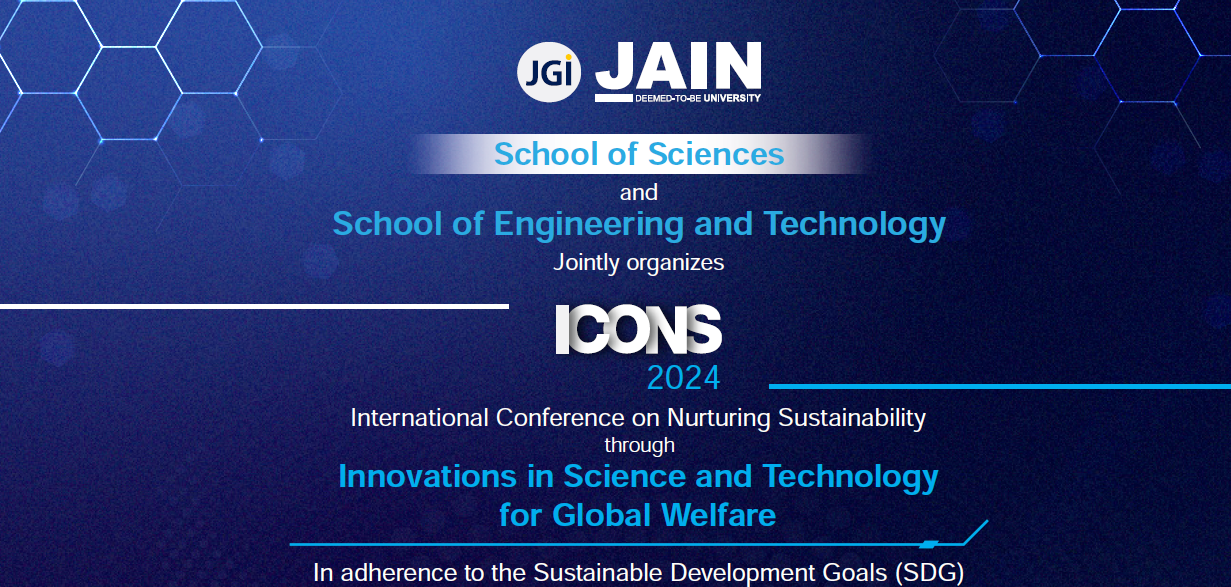Speaker
Description
This research investigates the suitability of dug well water for drinking in Ramanagara and Bangalore Rural districts, Karnataka India. It uses data collected over ten years (2015-2024) from the Central Ground Water Board (CGWB), Bangalore. The study examines important water quality parameters like pH, electrical conductivity, calcium, magnesium, sodium, potassium, CO3, HCO3, SO4, chloride, fluoride, NO3, total dissolved solids, and total hardness at 23 different sites. The parameters were compared against the standards in BIS 10500:2012 to check the water quality. A Water Quality Index (WQI) was calculated using a Weighted Arithmetic Index method for the parameters. This approach took into account how much each factor mattered. The WQI scores were grouped into five grades: A (excellent, 0-25), B (good, 26-50), C (poor, 51-75), D (very poor, 76-100), and E (unfit for drinking, >100). The study checks how WQI grades change over time for better or worse, and tries to identify the potential causes of the changes. From the findings, most of the stations (above 50%) exhibited a WQI grade C. The probable cause can be due to the regions being agriculture sites for silk culture, and also industrialization. The research underscores the need for effective water management strategies to mitigate the impact of human activities on water quality and promote sustainable agricultural practices in the study area.
Keywords: groundwater quality, water quality index, sustainability, industrialization, water management strategies

